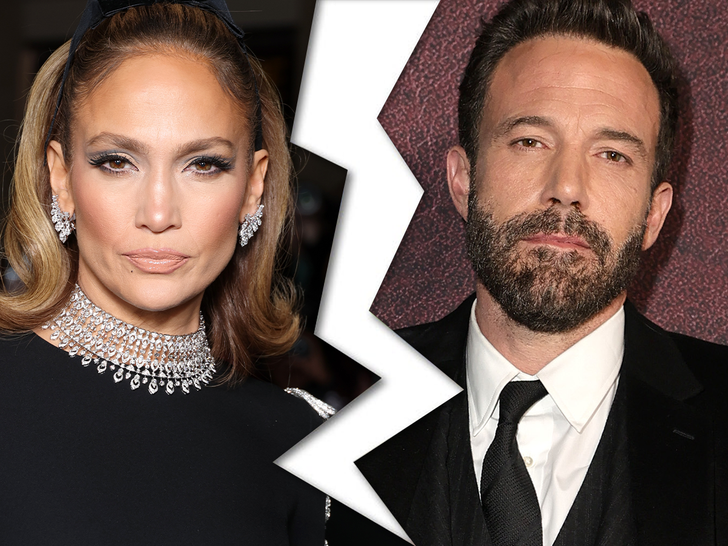Jennifer Lopez, renowned for her impressive career in music, film, and dance, frequently finds herself at the center of controversy, often related to perceptions of her behavior. Despite her significant achievements, Lopez is regularly labeled a diva, a characterization she argues is a media-driven misrepresentation.

The diva image tied to Lopez encompasses allegations of high maintenance and entitlement, such as her reputed demands for luxury items and reported dismissive behavior towards service staff.
Stories of her rigorous expectations, both in her personal life and professional relationships, further reinforce this stereotype. These narratives suggest a persona that exerts tight control, contributing to a broader perception of Lopez as difficult to work with and out of touch with everyday interactions.
Lopez’s interactions with other celebrities have also sparked criticism. She has been accused of making negative comments about peers like Gwyneth Paltrow, Winona Ryder, and Cameron Diaz, questioning their talents and successes. Such remarks contribute to the view that Lopez harbors a superiority complex, further complicating her public image.
Incidents like the 2011 Fiat commercial, where a stand-in was used for scenes supposedly filmed in the Bronx while Lopez stayed in Los Angeles, have led to accusations of inauthenticity. This revelation called into question her connection to her roots and fueled criticism of her public persona.
Lopez’s meticulous attention to appearance and comfort, often seen as excessive, is well-documented. Examples include hiring a stylist solely to maintain her look during a music video shoot and making extensive demands during hotel stays. These behaviors create a divide between her charismatic onscreen presence and her off-screen reputation, which appears less accessible and more demanding.

In the digital age, where every action can be magnified on social media, stories about Lopez’s interactions, whether misinterpreted or factual, significantly impact her reputation. As more people share their experiences, the public perception of Lopez continues to evolve, showcasing the complexities and contradictions of life in the celebrity spotlight.
Jennifer Lopez’s public persona is a tapestry woven with threads of truth and media fabrication, highlighting the perennial tension between celebrity realities and public images. While her behaviors and demands may be seen as excessive, they also reflect the challenges of maintaining a successful career in the entertainment industry.
The ongoing narrative about Lopez underscores the broader discussion about celebrity behavior, public expectations, and authenticity in an era dominated by digital media.
Now, we open the floor to you, the readers. Do you think these behaviors are widespread among celebrities, or is Jennifer Lopez an exception? How do these stories influence your perception of celebrities in general?
Share your thoughts and experiences in the comments below. Also, be sure to check out our related content for more insights into celebrity culture and behavior, helping you understand the complex relationship between public personas and private actions.

